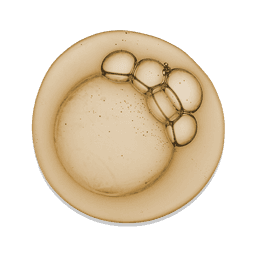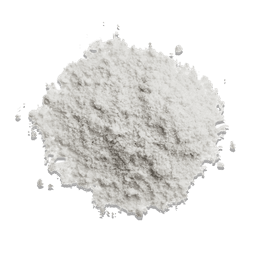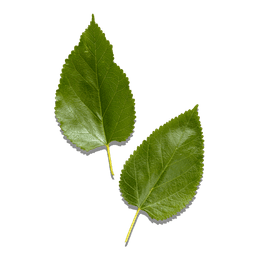Licorice Root Extract
Rich in flavonoids glabridin glycyrrhizin and liquiritin that, together, disperse melanin and reduce melanin biosynthesis.
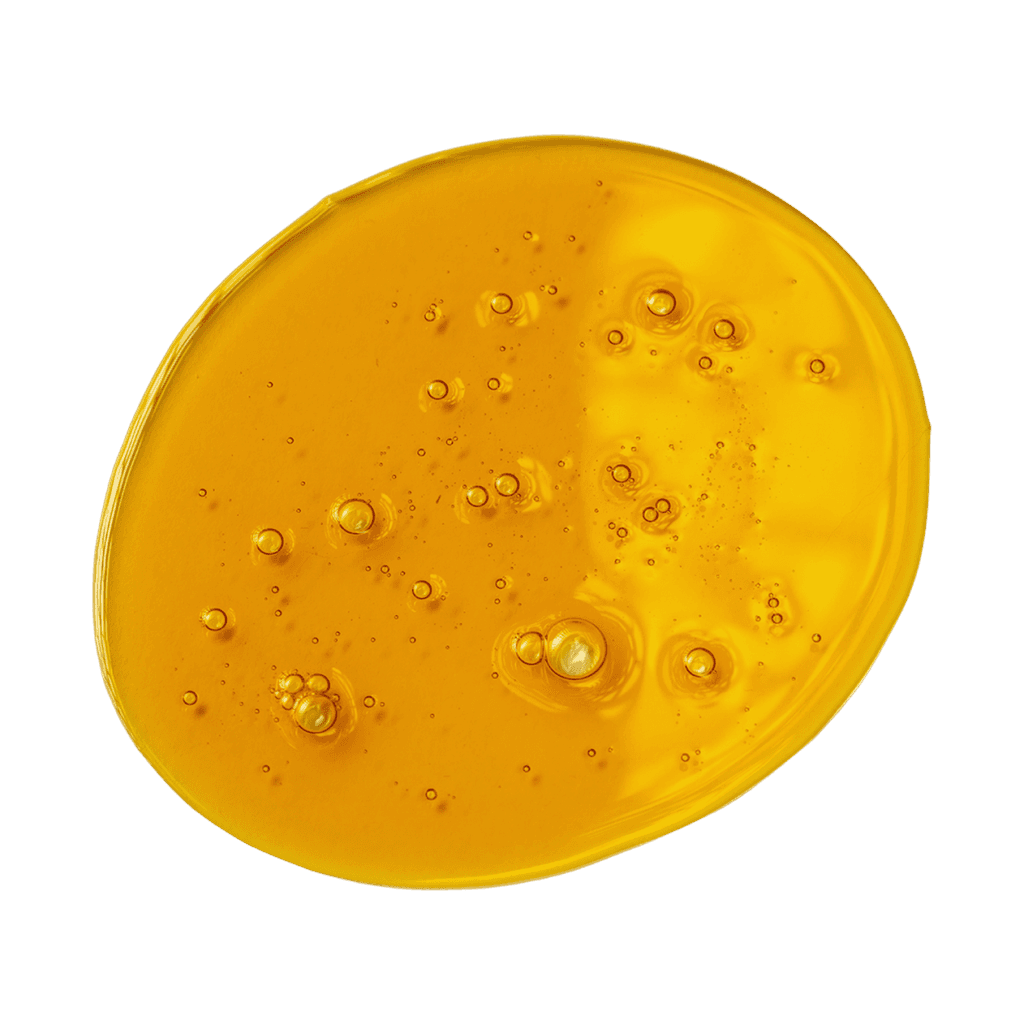
INGREDIENT PROFILE
INCI
Glycyrrhiza Glabra Root Extract
What it Is
An extract from licorice root.
What it does
decrease melanin production
Targets
anti-inflammatory and immunoregulatory effects Ultraviolet B (UVB) induced pigmentation Inhibition of melanin biosynthesis and cyclooxygenase activity thereby decreasing free radical production Inhibits tyrosinase.
Find it in
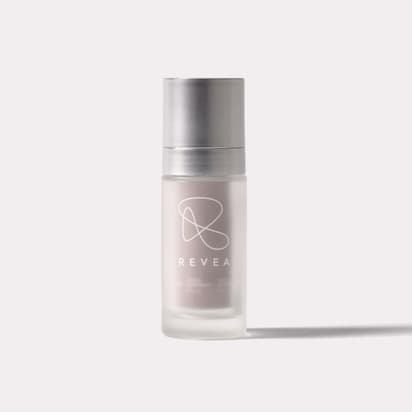 Even element EE1-01
Even element EE1-01Overview
Derived from the root of Glycyrrhiza glabra, this botanical extract is celebrated in skincare for its rich flavonoids, glabridin glycyrrhizin, and liquiritin. Taken together these flavonoids disperses melanin, inhibit melanin biosynthesis, and reduces cyclooxygenase activity, thereby decreasing free radical production. Additionally, Glabridin has demonstrated significant protective effects against UVB-induced pigmentation, and glycyrrhizin provides critical protection to melanocytes from oxidative damage, leveraging the Nrf2 pathway to induce HO-1, enhancing cellular defense mechanisms.
Skin benefits
Prevents and reduces hyperpigmentation Has anti-inflammatory effects Inhibits melanin production
What research has shown
Licorice contains more than 20 triterpenoids and 300 flavonoids, many of which confer health benefits among others anti-inflammatory and immunoregulatory effects. Licorice extract improves hyperpigmentation by dispersing the melanin, inhibition of melanin biosynthesis and inhibition of cyclooxygenase activity thereby decreasing free radical production. Glabridin, a polyphenolic flavonoid is the main component of licorice extract. Studies have shown that glabridin prevents Ultraviolet B (UVB) induced pigmentation and exerts anti-inflammatory effects by inhibiting superoxide anion and cyclooxygenase activity. In vitro studies show that glabridin is among the most potent tyrosinase inhibitors in nature. Another component of licorice extract is liquiritin, which has shown strong clinical efficacy against melasma. A 2% liquiritin topical treatment is more effective than a 4% hydroquinone. Apart from dispersing melanin, liquiritin also has anti-inflammatory effects - specifically by inhibiting IL-6 and IL-8 inflammatory cytokines.
Peer reviewed science
- Planta medica (2015)
- Journal of Pakistan Association of Dermatologists (2009)
- Journal of Functional Foods (2017)

